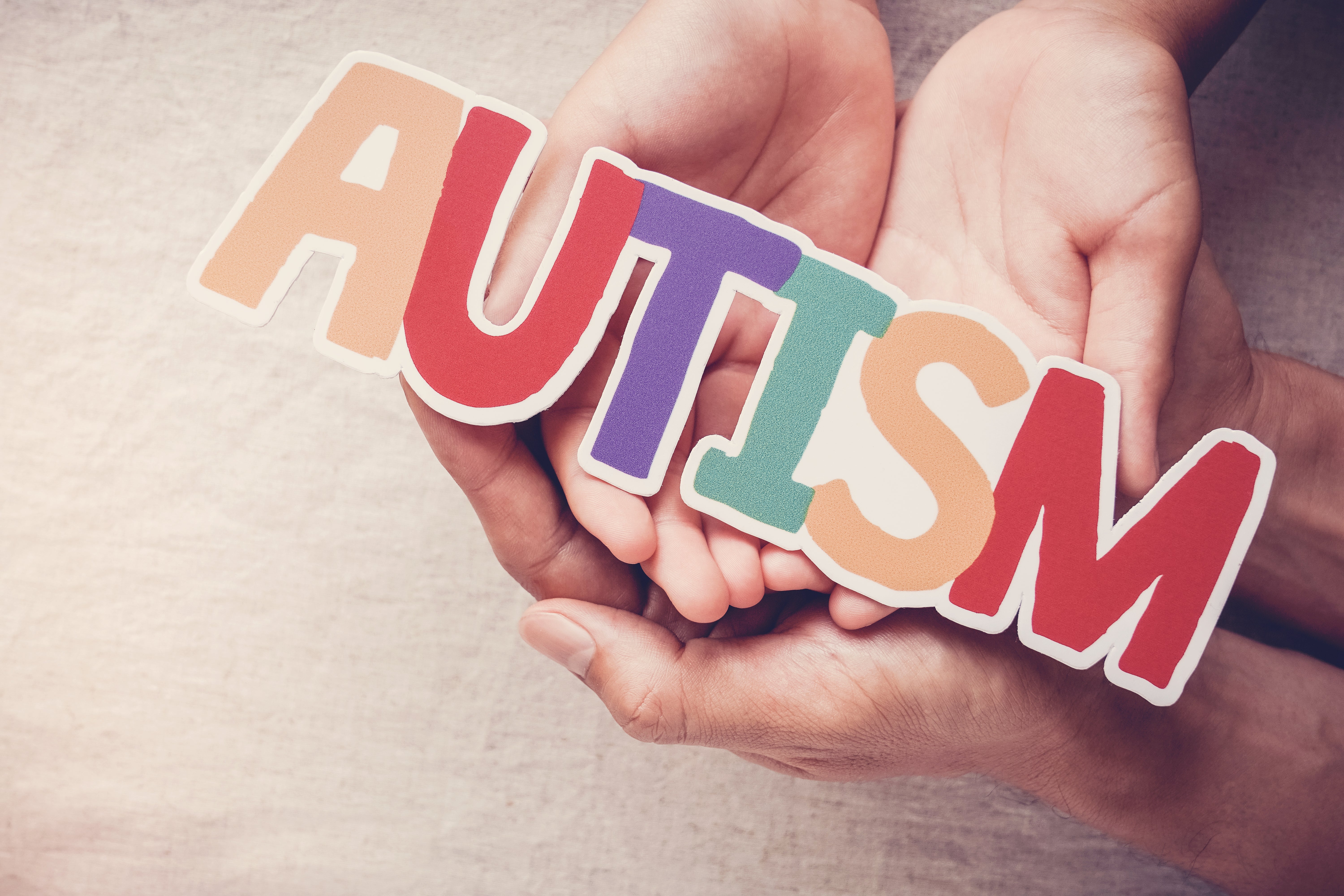Autism is different for everyone – but negative attitudes towards it are all the same
Awareness isn’t enough. It’s not acceptable that people’s lack of understanding is causing active harm to autistic people every day, writes James Cusack


How you are perceived and understood matters. It affects your ability to form friendships and relationships, to get a job, to get the help you need and to live the life you want to lead.
Most people are aware that this matters and, for example, sometimes make a conscious effort to “make a good first impression”. But if you’re autistic, like me, you have to consider the effect disclosing this will have on their perceptions of you every single day.
As an autistic child, I never got used to being called a “retard” at school. As a teenager, I had to sit through a teacher telling the whole class, in front of me, that it didn’t matter if he made jokes at my expense because I didn’t understand them. As an adult I’ve faced people telling me that I “don’t come across” as autistic at the same time others tell me it’s “obvious” because I exhibit certain (often completely unrelated) behaviours.
That’s only the tip of the iceberg. I’m not unique; every autistic person I speak to has similar stories to tell. If anything, I have been lucky and certainly very privileged when compared to other autistic people, as many of these attitudes act as a barrier.
While autism is different for everyone, the stigma and negative attitudes are sadly all the same. A YouGov poll conducted by Autistica, the autism research charity of which I am chief executive, demonstrated that even as awareness of autism is increasing, many false truths and myths about autism still exist.
The widespread acceptance of misconceptions surrounding autism has to be challenged and stopped for there to be a real change. Autism is not a learning disability, yet our poll shows over a third of adults in Britain (35 per cent) still believe it to be one.
Autism is a neurodevelopmental condition that affects how people perceive and experience the world. Autistic people often have co-occurring learning or intellectual disabilities, but that’s different to autism itself being one.
Autism is a diverse spectrum of strengths and needs. Some autistic people might speak few to no words and have complex support needs. Other autistic people can have above average intellectual ability and few to no support needs. Everyone is different.
The survey also showed that nearly 30 per cent of people are unsure whether autism can be cured. Autism is a lifelong, heritable condition and the idea that it needs to be “cured” reinforces the idea that it is an inherent deficiency in a person. It ignores what many autistic people perceive to be the strengths they feel autism provides them with.
What often hurts autistic people the most is the suggestion that we can’t or don’t care about other people because we’re autistic. Our poll showed that 39 per cent of adults in Britain believe autistic people lack empathy. This single belief can have a significant negative impact on people’s lives, including their being excluded from social situations.
All of these myths and misconceptions are what lead to the negative attitudes that blight the lives of autistic people. They have a damaging impact on long-term prospects and the ability to form relationships. Crucially, they directly affect our ability to build a more progressive discussion around autism.
To keep up to speed with all the latest opinions and comment, sign up to our free weekly Voices Dispatches newsletter by clicking here
There is a huge amount of work to be done to transform people’s attitudes towards autism and to help people understand the substantial amount autistic people have to offer in all areas of society. Although one of Autistica’s visionary and ambitious 2030 goals is to see attitudes change, we know we can’t do it on our own. It’s going to need the collective effort of everyone from autistic people to autism charities, from employers to healthcare professionals.
As a research organisation, we know the value proven evidence has on creating change. That’s why we’re developing the Autistica Autism Attitudes Index, a new research project that aims to measure and track changes in attitudes towards autism and autistic people. By having a robust, annual measure of what perceptions, misconceptions and negative attitudes persist, we can understand how our efforts are making an impact and we can test what works and what doesn’t.
Awareness isn’t enough. It’s not acceptable that people’s lack of understanding is causing active harm to autistic people every day. Over the next decade we want autistic people to thrive. We want more autistic people to get the right support and care. We want them to be able to find a job that works for them. We want public spaces to be more welcoming.
To make all of that happen we need to increase the understanding of autism and foster more accurate, positive and accepting attitudes towards autistic people.
Dr James Cusack is the first openly autistic chief executive of a major UK charity
Join our commenting forum
Join thought-provoking conversations, follow other Independent readers and see their replies
Comments
Bookmark popover
Removed from bookmarks